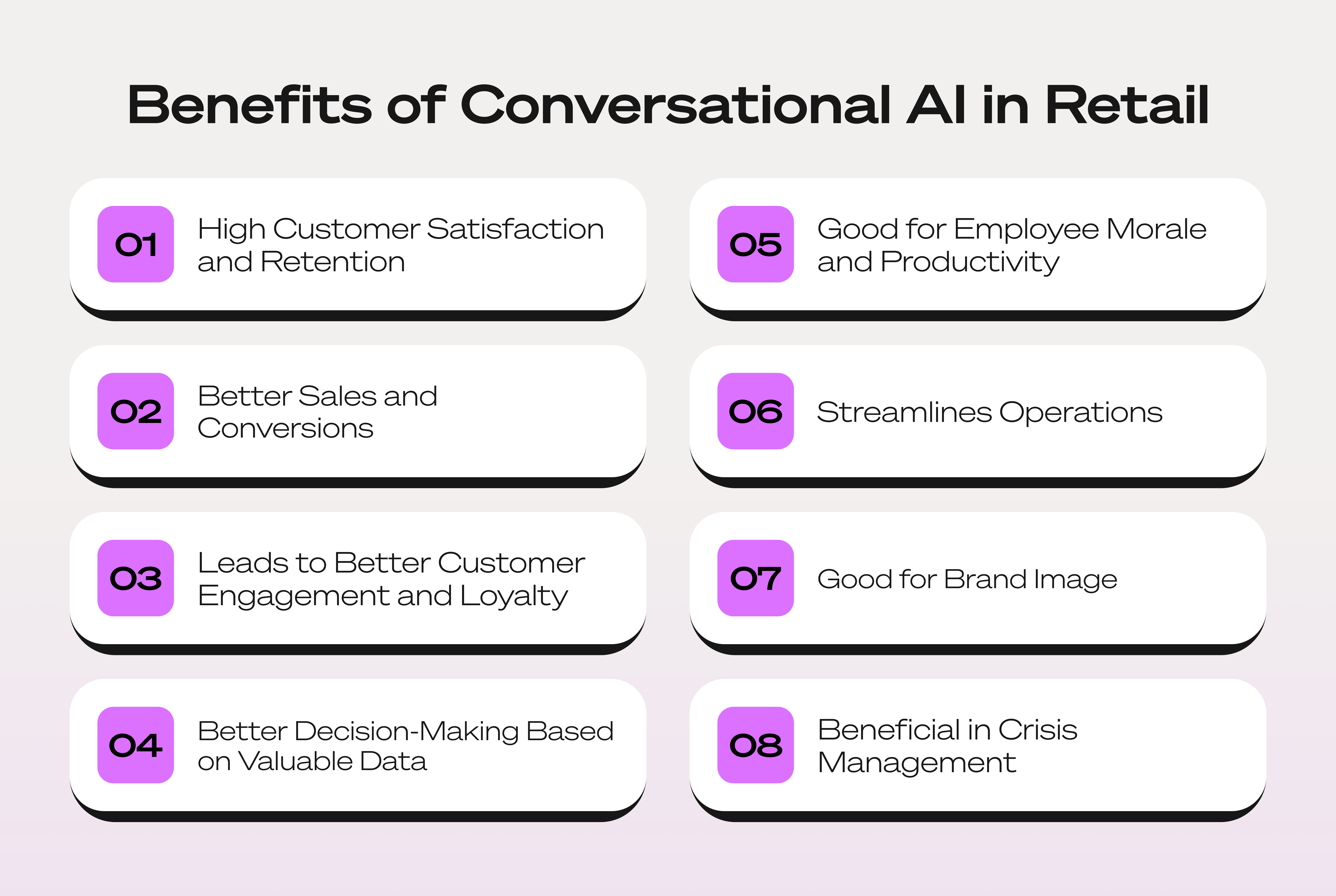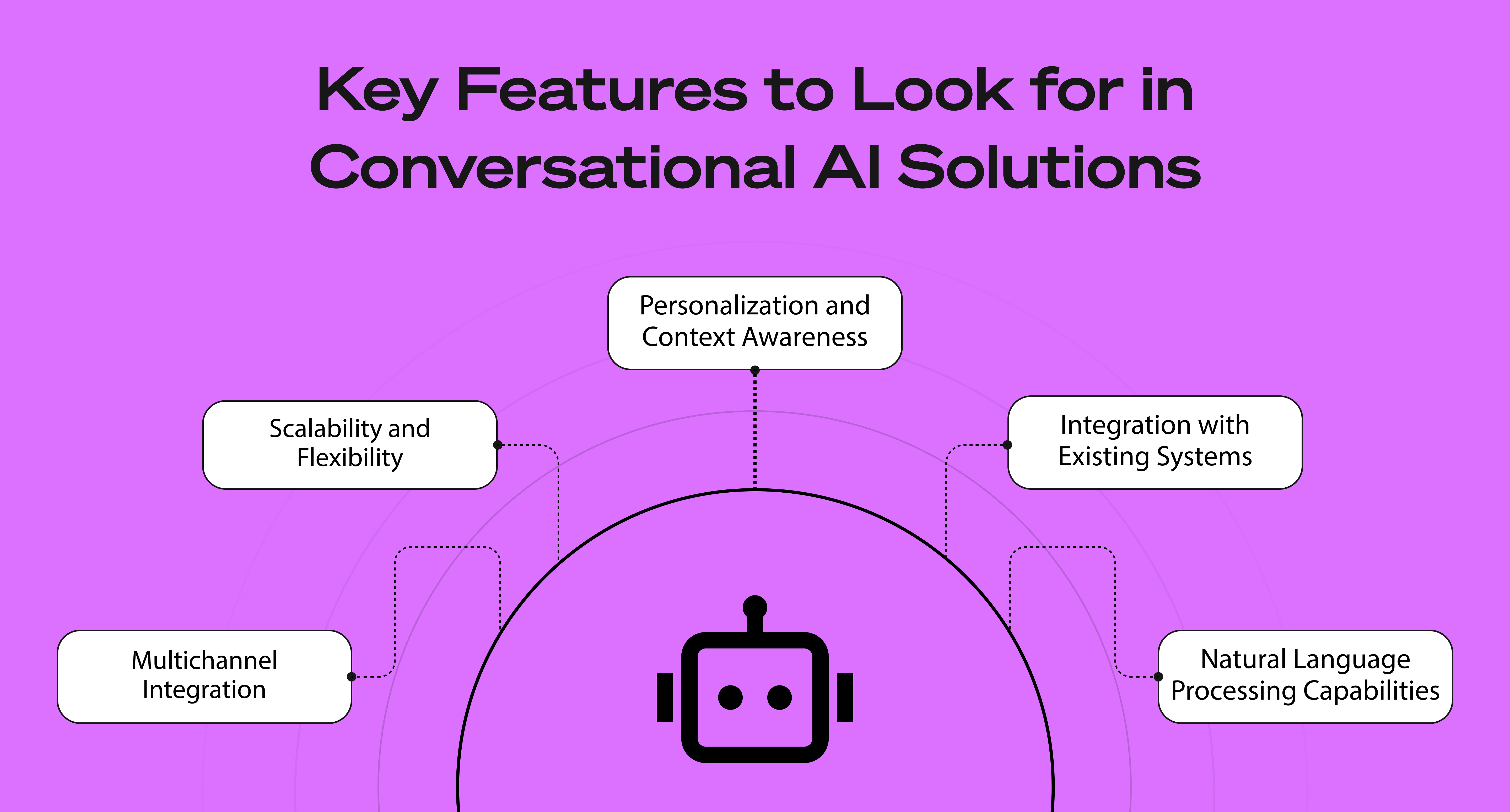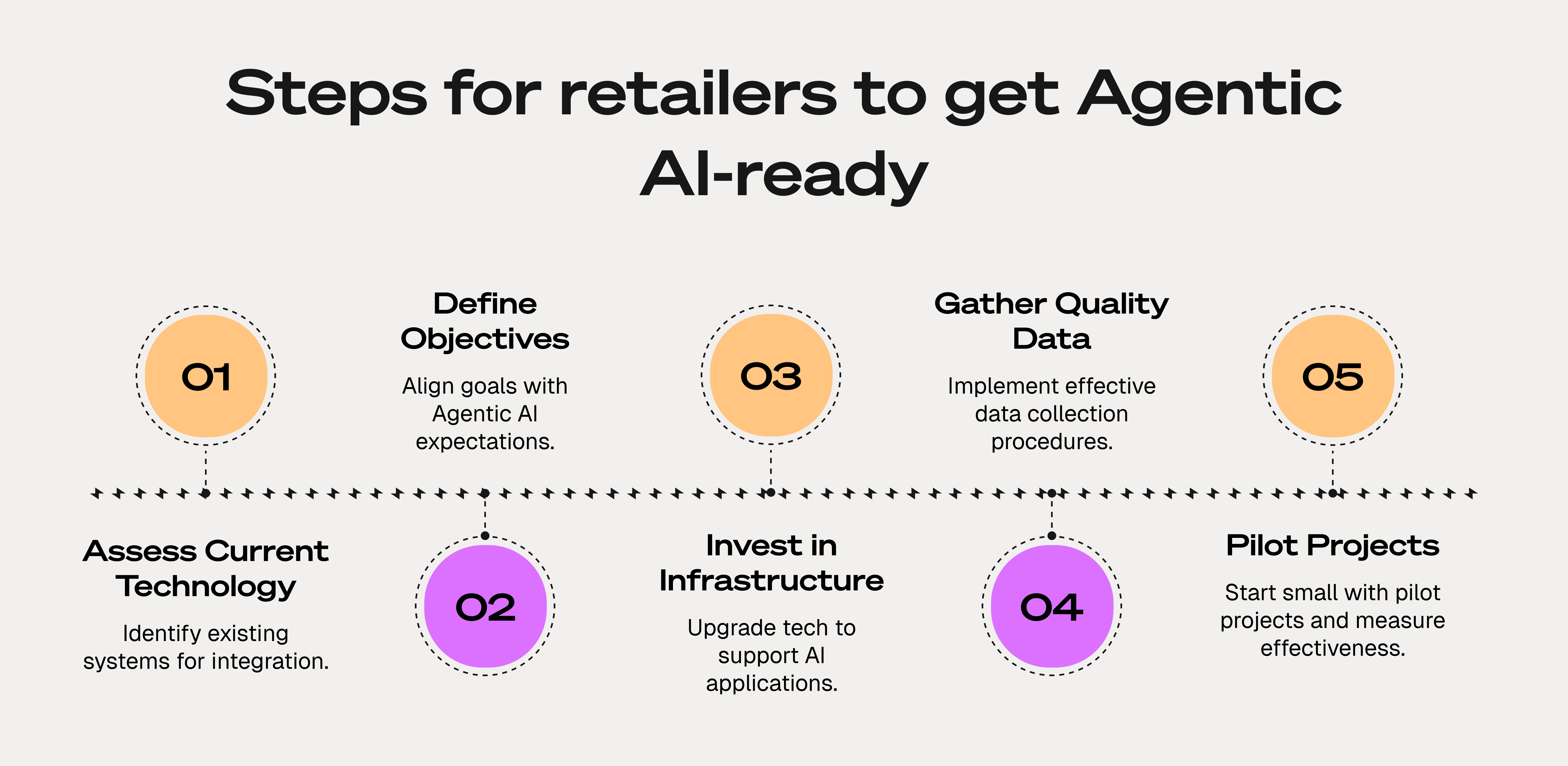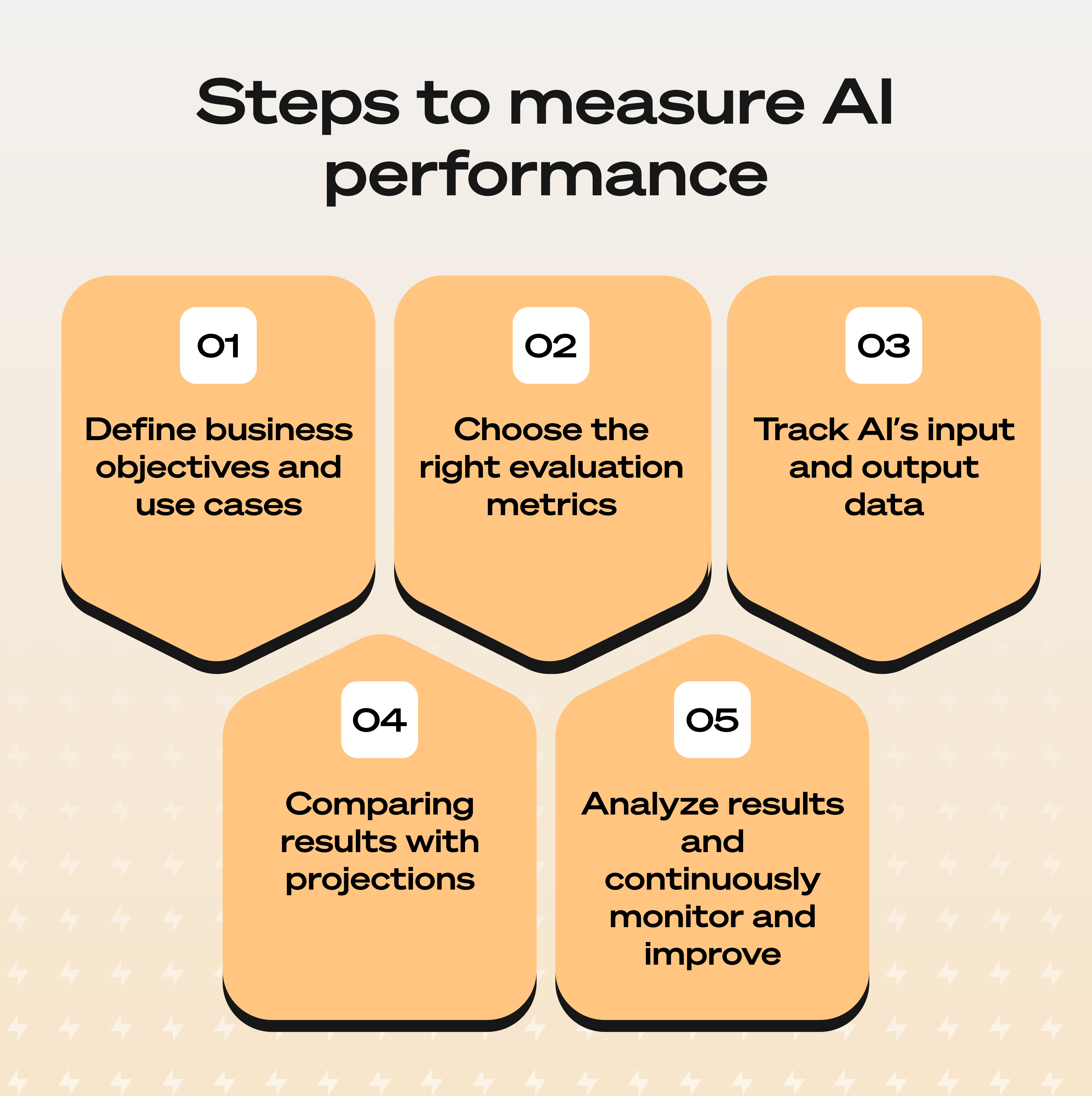Your sales team is already great — but what if they could be great faster? Conversational AI doesn’t just speed things up; it empowers your team to close deals while staying personal and on-point.
Customers expect quick answers and personalized recommendations, and sales reps need the right tools to keep up. But what does that look like in practice? It means having immediate access to the right product details, real-time inventory levels, and insights into past customer interactions — all at the touch of a button.
This is where conversational AI comes in. By giving sales associates instant access to the information they need, AI streamlines the sales process, eliminating time wasted on checking stock or digging for details. Instead, your team can focus on what truly matters: engaging with customers and closing more sales.
The Impact of Conversational AI on Retail Sales

Conversational AI is redefining the role of sales associates in furniture retail, shifting them from simply product-pushers to trusted advisors. Instead of simply acting as order-takers, AI tools equip sales associates to become strategic advisors, guiding customers through their buying decisions with personalized recommendations and deep product knowledge.
By instantly accessing key data—such as purchase history, preferences, and browsing behavior—sales associates can tailor each conversation to the customer’s specific interests, increasing engagement and trust. This not only leads to faster decisions but also creates a deeper, more meaningful connection with the customer, turning a transaction into a long-term relationship.
AI also ensures that sales associates can focus on what matters most: the customer. Instead of wasting time searching for product details or checking stock levels, they can offer real-time answers and move the conversation forward. This efficiency helps speed up the sales process, reducing wait times and eliminating the risk of missed opportunities.
How AI Helps Sales Reps Close More Deals in Furniture Stores

Faster decisions lead to faster sales. With AI, sales associates can respond to customer needs instantly, arming them with product details, promotions, and availability in real time. Here’s how AI tools are helping sales reps close more deals:
Enhancing Product Knowledge Instantly
In retail, time is a precious commodity. Sales associates can’t afford to spend valuable minutes hunting down product details, checking stock levels, or searching for promotions. That’s where AI tools like Evoneer's AI Store Assistant come in. By providing real-time access to essential product information — including specifications, availability, and ongoing promotions — AI ensures sales reps have everything they need right at their fingertips.
With AI-powered tools, sales associates no longer need to leave the customer’s side to get answers. Whether it’s checking if a specific sofa is available in a particular color or offering details about a special promotion on select furniture items, AI instantly provides up-to-date, accurate information. This not only eliminates delays but also creates a seamless, efficient shopping experience for the customer.
The impact is clear: faster responses, more informed recommendations, and a more confident sales team. By removing the friction of waiting for product details, AI helps sales associates engage more effectively with customers and close deals faster, all while enhancing the overall customer experience.
Personalized Customer Interactions at Scale
Customers want recommendations that feel relevant to their needs, not just generic suggestions. With AI tools like Evoneer’s AI Store Assistant, sales associates can offer tailored suggestions based on conversational data — including past purchases and preferences — all in real-time.
AI empowers sales reps to make every interaction feel personalized without slowing down the process. For instance, if a customer has previously bought a sofa, with the help of Evoneer’s AI, store associates can immediately suggest matching items, such as a coffee table or decorative pillows, based on the customer’s tastes. This type of personalized recommendation not only drives more sales but also builds a stronger connection with the customer.
By leveraging AI to deliver personalized suggestions quickly, sales reps can engage with customers more effectively, keeping the conversation focused and moving forward. No more disappearing for 15 minutes to find answers — AI gives sales associates the tools to respond instantly. This not only increases the likelihood of making a sale but also fosters trust, as customers feel their specific needs are being met.
Using Conversational AI to Improve Every Touchpoint of the Customer Experience
The faster you respond to your customers, the more likely you are to make the sale. Conversational AI speeds up every touchpoint, ensuring a seamless experience from start to finish. Let’s explore how AI enhances the customer journey:
Reducing Response Times
In retail, time is often the difference between a sale and a missed opportunity. Conversational AI helps sales associates engage with customers instantly, eliminating the frustrating wait for product details, stock availability, or pricing checks. With real-time access to critical information, sales reps no longer need to leave customers waiting or search for answers across multiple platforms.
AI tools streamline this process by providing immediate access to key product information — whether it’s availability, specs, or promotional offers. By cutting down on the time spent searching for data, sales reps can provide customers with the information they need faster, keeping the conversation moving and increasing the likelihood of closing a sale.
Streamlining Upselling and Cross-Selling
Upselling and cross-selling are key strategies for increasing the average order value, but they’re only effective when done at the right time and in a way that feels natural. Conversational AI empowers sales associates to suggest complementary products or bundle deals seamlessly during customer interactions — without interrupting the flow of the conversation.
By discussing customer preferences and past purchases, AI tools help sales reps identify the right moments to recommend additional items that truly add value. Whether it’s suggesting a matching coffee table when a customer buys a sofa or offering a warranty on an item, AI enables reps to present relevant options instantly. This not only enhances the customer experience but also drives higher sales, as the recommendations feel tailored rather than forced.
Overcoming Common Challenges in AI Implementation

As valuable as AI tools are, integrating them into your existing systems and ensuring your team is on board requires careful planning. Let’s dive into how to make AI adoption as seamless as possible:
Integration with Existing Systems
Integrating AI tools into your existing systems — from POS to CRM and inventory management — might seem daunting, but it doesn’t have to be. The key to a smooth integration is ensuring that new AI tools work seamlessly with your current infrastructure, without disrupting your day-to-day operations.
Start by choosing AI tools that are designed for easy integration. Many AI solutions, including conversational AI, are built with compatibility in mind, offering APIs or integration features that connect directly with existing systems like POS, CRM, and inventory management. This minimizes the need for overhauling your current systems, saving both time and resources.
The next step is to conduct thorough testing during the implementation process. Run AI tools in parallel with your existing systems to make sure they work together without causing glitches or delays. Use this time to fine-tune the AI’s functionality, ensuring it pulls data accurately and integrates seamlessly with your current workflows.
Additionally, it's important to establish clear data protocols. AI tools rely on accurate, real-time data to function effectively, so ensure your systems are regularly updated and clean. This will ensure the AI has the right information at all times, from stock levels to customer data, leading to more accurate recommendations and smoother interactions.
Getting Staff Buy-In
Introducing new technology can be challenging, especially when it involves shifting how employees work. To get your sales team on board with AI tools, it’s essential to show them how these tools will make their jobs easier, not harder. The key to successful adoption is communication and training.
Start by emphasizing how AI tools like Evoneer’s AI Assistant will reduce the time spent on mundane tasks, such as searching for product details, checking stock, or handling routine customer queries. By automating these repetitive processes, AI frees up time for sales associates to focus on higher-value activities — like engaging with customers and closing deals.
Next, provide hands-on training that allows the sales team to become familiar with the AI tool and see its benefits in real-time. Show them how the AI can provide instant answers, suggest products, and deliver personalized recommendations, making them feel more confident and efficient in their role.
In addition to training, actively involve the team in the process. Encourage feedback and create a collaborative environment where sales associates feel comfortable asking questions and suggesting improvements. When your staff understands that AI is there to assist them — not replace them — they’re more likely to embrace it and see it as an asset.
Measuring the ROI of Conversational AI in Retail

To truly understand the value of AI, you need to measure its impact. Let’s look at the key data points that will give you a clear picture of how AI is impacting your sales performance:
Key Metrics to Track AI Success
Here are some key data points that will help you gauge how well AI is delivering value to your business:
- Conversion Rates: The most direct way to measure AI's impact is by looking at conversion rates — how often customer interactions lead to a completed sale. With AI tools helping sales associates manage routine tasks like answering basic questions and tracking stock, they can focus more on customer engagement, which can lead to increased conversions. Tracking these numbers will help assess how AI is contributing to a smoother, more efficient sales process.
- Average Order Value (AOV): AI doesn’t just help close sales — it can help increase the size of each sale. By suggesting complementary products or bundle deals during the sales process, AI-driven tools encourage upselling and cross-selling, which directly impacts average order value (AOV). Monitoring AOV will show you how well AI is supporting your team in offering relevant, personalized products that increase the total sale.
- Customer Satisfaction: Customer satisfaction is a crucial metric for long-term success, and AI tools can have a significant impact here as well. By speeding up responses, personalizing recommendations, and reducing wait times, AI enhances the overall shopping experience. Tracking customer satisfaction through surveys, feedback forms, and Net Promoter Scores (NPS) will give you insights into how AI is influencing customers' perceptions of your store, helping build loyalty and repeat business.
- Time to Close: The speed at which your team can close a sale is also a valuable metric to track. Conversational AI can reduce the time spent on routine tasks like searching for product details, checking stock availability, or managing follow-up questions. This allows sales associates to engage with customers more quickly and effectively, leading to a faster time to close. Monitoring this metric can help you understand the operational efficiency gains driven by AI.
- Customer Retention and Repeat Purchases: Long-term success isn’t just about making the first sale; it’s about creating loyal customers who return for more. AI-powered tools that personalize interactions and follow-up on past purchases can help increase customer retention rates and encourage repeat business. Tracking repeat purchase behavior will show how well AI contributes to fostering customer loyalty and lifetime value.
To sum up, conversational AI provides sales associates with the tools they need to sell more, enhance the customer experience, and streamline operations. AI reduces response times, supports upselling and cross-selling, and allows associates to focus on building relationships with customers. This makes the entire sales process smoother and more efficient, benefiting both your team and your customers.
To start seeing these benefits in action, check out Evoneer’s AI Assistant and see how it can enhance your sales team’s efficiency and improve customer interactions.

.png)



















